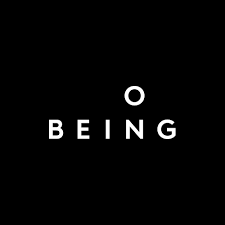Open to Public / Oedipus Trilogy
The Oedipus at Colonus Project
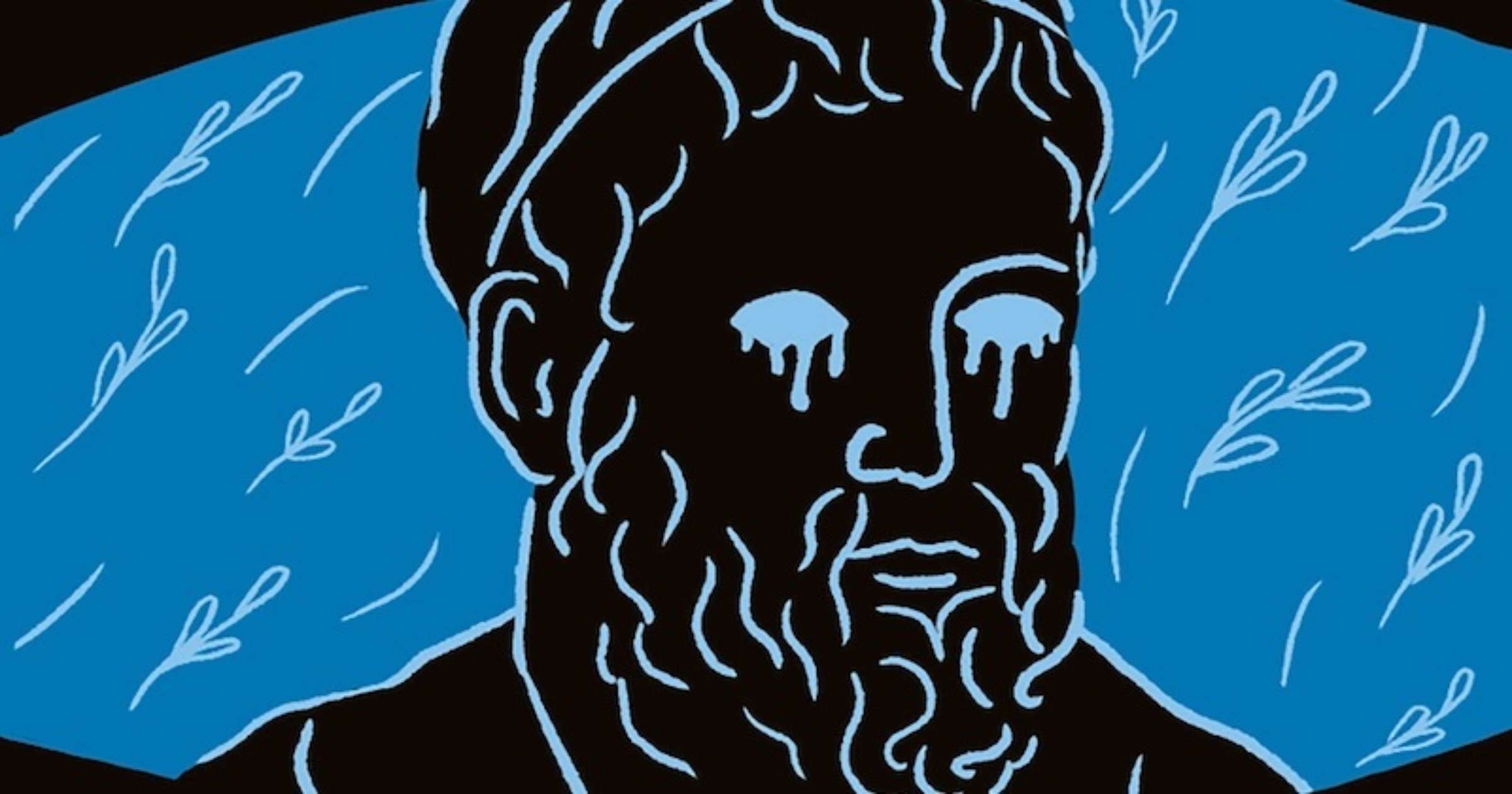
This presentation of The Oedipus Project is part of a series of events accompanying the release of Bryan Doerries' translations of Sophocles' Oedipus Trilogy: Oedipus The King, Oedipus at Colonus, and Antigone. We encourage our audience to attend all three events and engage in the story of an intergenerational curse passing through a single family, tracing an arc from early childhood trauma to familial and societal collapse.
We are proud to collaborate with The On Being Project on this series.
About the play
-
Oedipus at Colonus by Sophocles
After years of wandering in exile, without shelter or protection, the blind, elderly beggar Oedipus stumbles upon the sacred grove of the Furies on the outskirts of Athens in an area called Colonus, with his daughter Antigone by his side. Upon discovering where they are, Oedipus reveals that an oracle has foretold he will finally find refuge and rest in Colonus, and Oedipus’ body—after he is dead—will protect the city that houses it for all time. No longer the polluted and banished man, whose very presence brings bad fortune to anyone who comes in contact with him, over the course of the play, Oedipus transforms into a holy suppliant, sacred to the gods, bestowing gifts upon those who show him compassion and mercy. Oedipus at Colonus interrogates the impulse to exile, warehouse, and dehumanize people seeking shelter, asylum, and protection, and explores why showing reverence and respect for the less fortunate always makes communities stronger.
Cast Members
-

Tracie Thoms
-
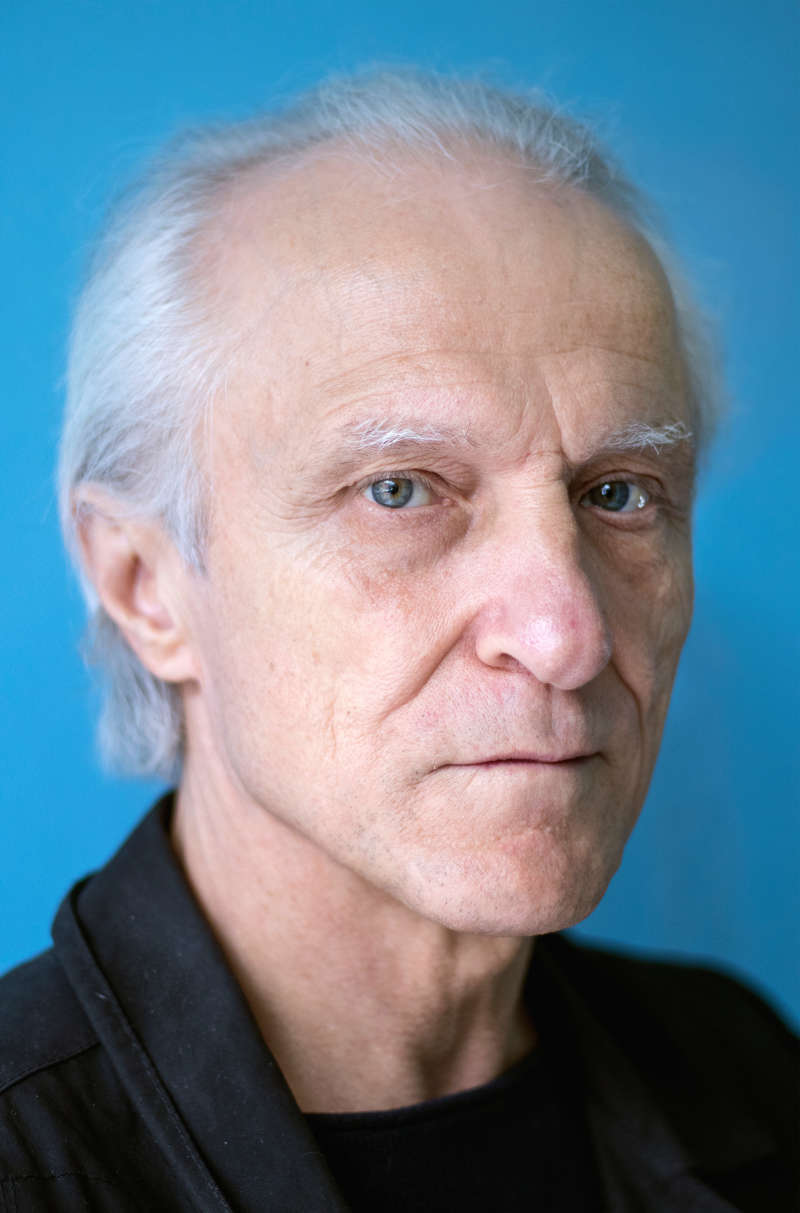
David Patrick Kelly
-
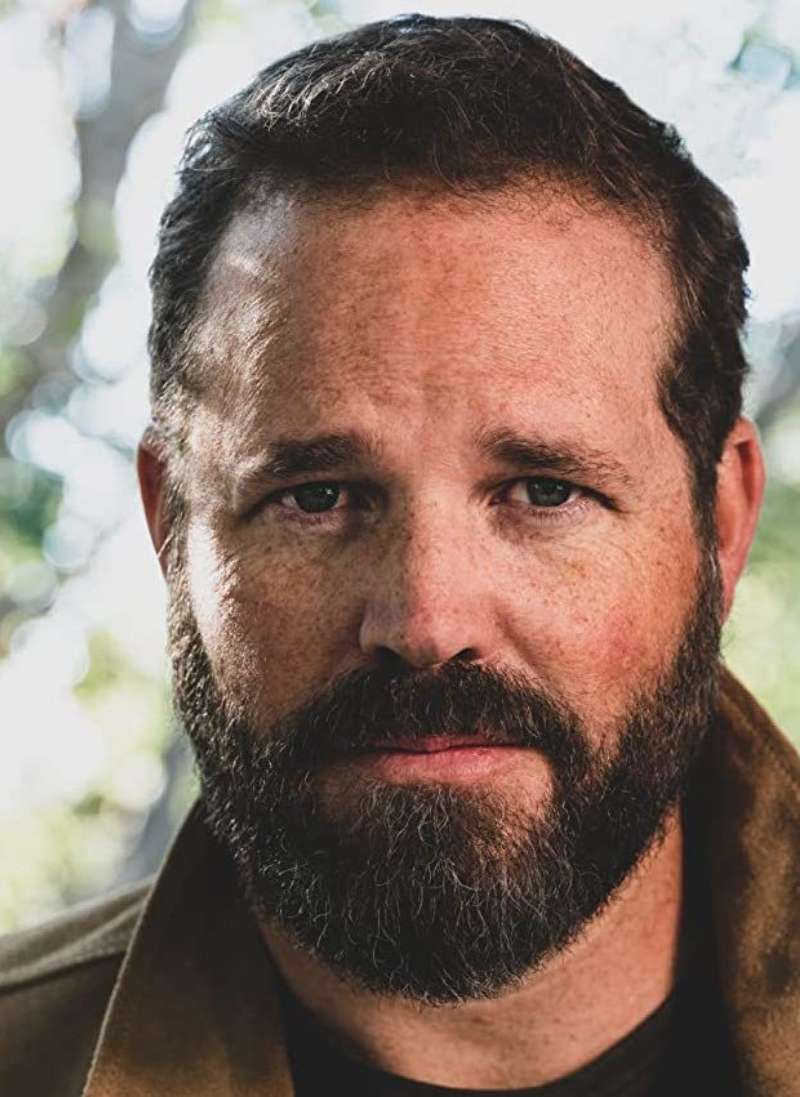
David Denman
-

Marjolaine Goldsmith
-

Zach Grenier
-
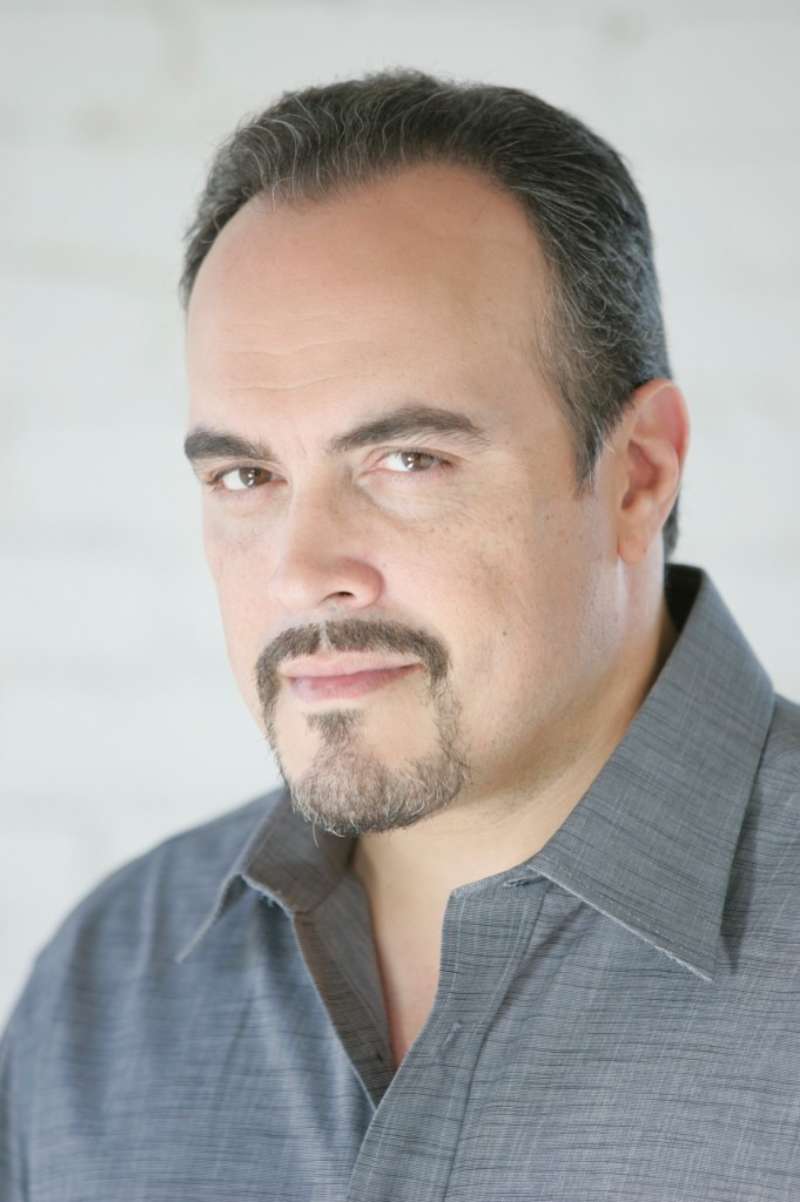
David Zayas
-
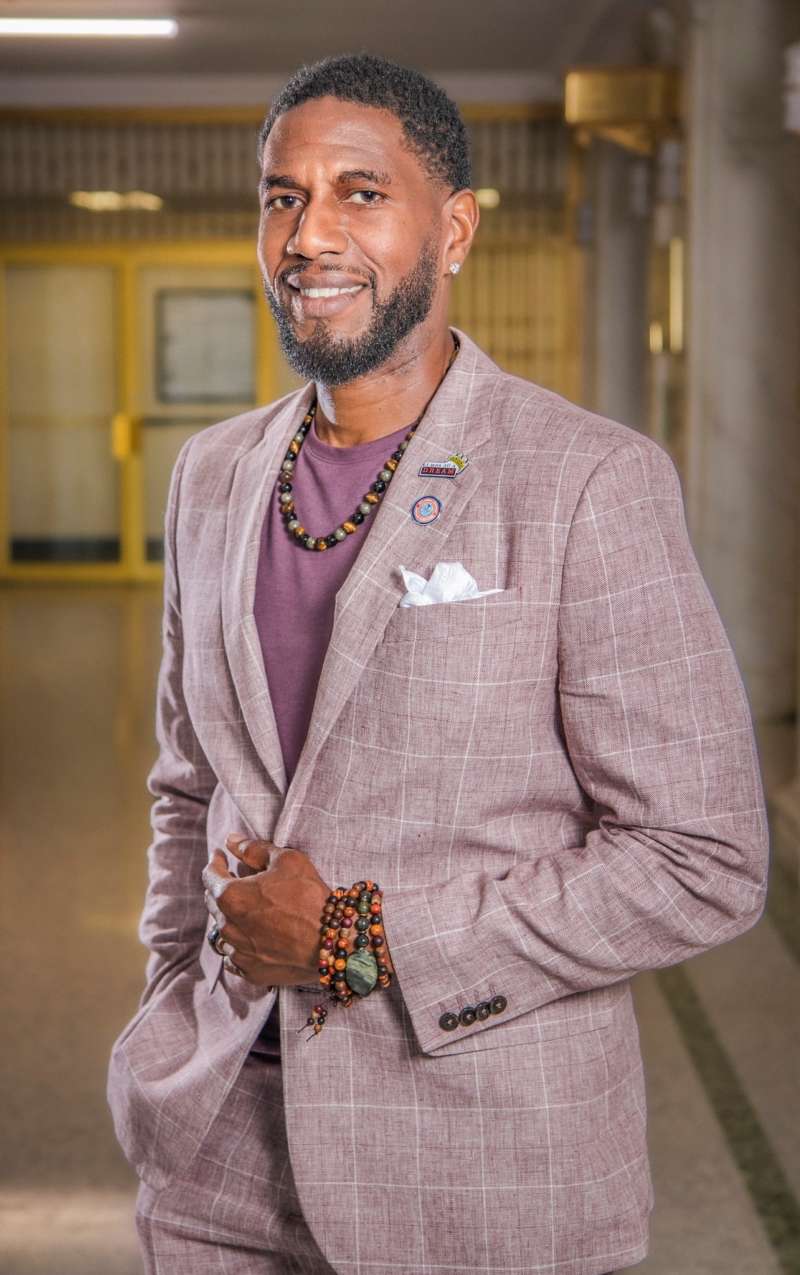
Jumaane Williams
-
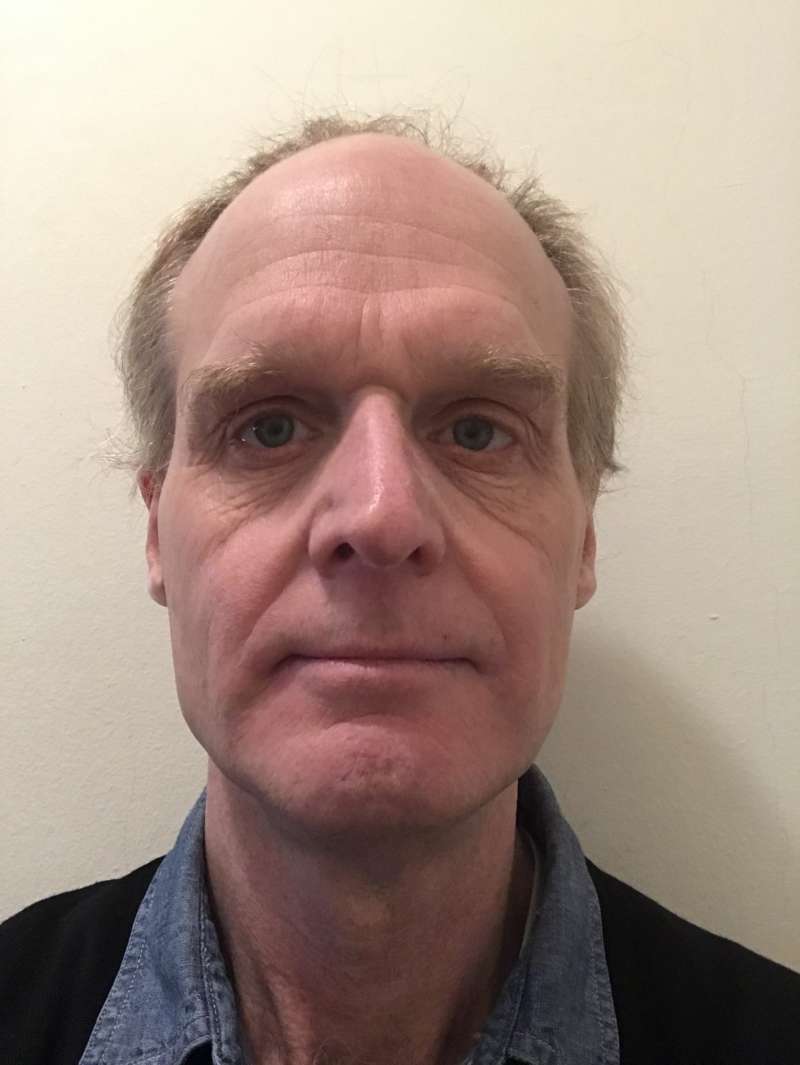
Lars Hanson
Explore Projects
-
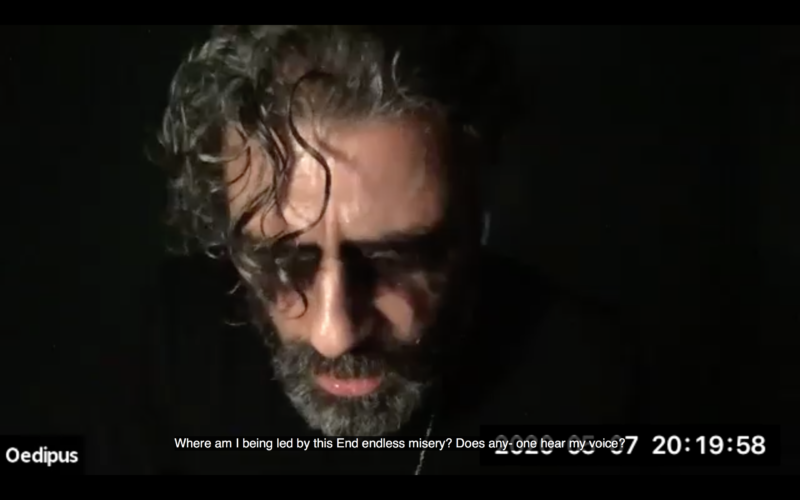 Pandemic & Climate CrisisThe Oedipus Project
Pandemic & Climate CrisisThe Oedipus ProjectThe Oedipus Project presents acclaimed actors reading scenes from Sophocles’ Oedipus the King as a catalyst for powerful, constructive, global conversations about the climate crisis, ecological disaster, environmental justice, and healing online conversations about the impact of the COVID-19 pandemic upon diverse communities throughout the world. Sophocles’ ancient play, first performed in 429 BC, just after the first wave of a plague that killed nearly one-third of the Athenian population, is a story of arrogant leadership, ignored prophecy, intergenerational curses, and a pestilence and ecological collapse that ravages the archaic city of Thebes. Seen through this lens, Oedipus the King appears to have been a powerful tool for helping Athenians communalize trauma and loss, while interrogating their own complicit role in the suffering, not just of those around them but of generations to come.
-
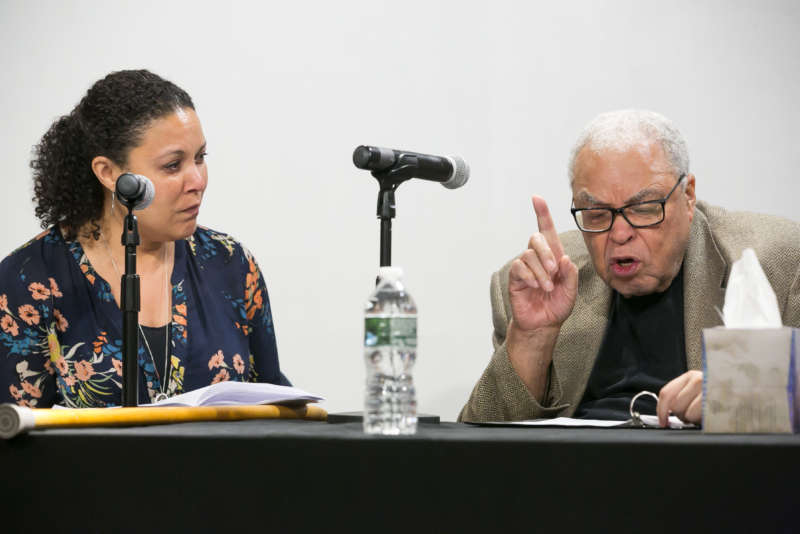 Caregiving & DeathKing Lear Project
Caregiving & DeathKing Lear ProjectThe King Lear Project presents streamlined readings of scenes from Shakespeare’s King Lear to engage diverse audiences—including older adults, caregivers, and family members—in open, healing, constructive, discussions about the challenges of aging, dementia, and caring for friends and loved ones.
-
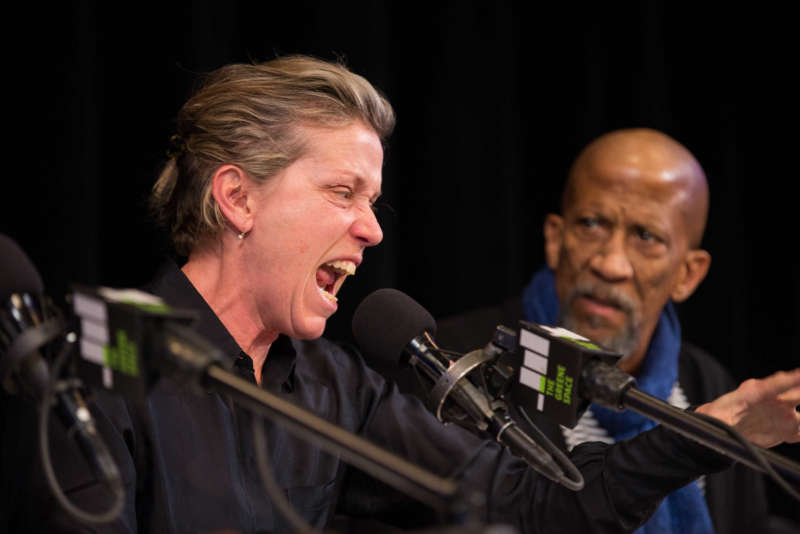 War & Mental HealthThe Tecmessa Project
War & Mental HealthThe Tecmessa ProjectThe Tecmessa Project presents readings of Sophocles’s Ajax, an ancient play about the visible and invisible wounds of war, as the catalyst for discussions focusing on the unique challenges faced by military family members, including couples, children, caregivers, and communities. This project is designed to promote understanding, compassion, and positive action.
